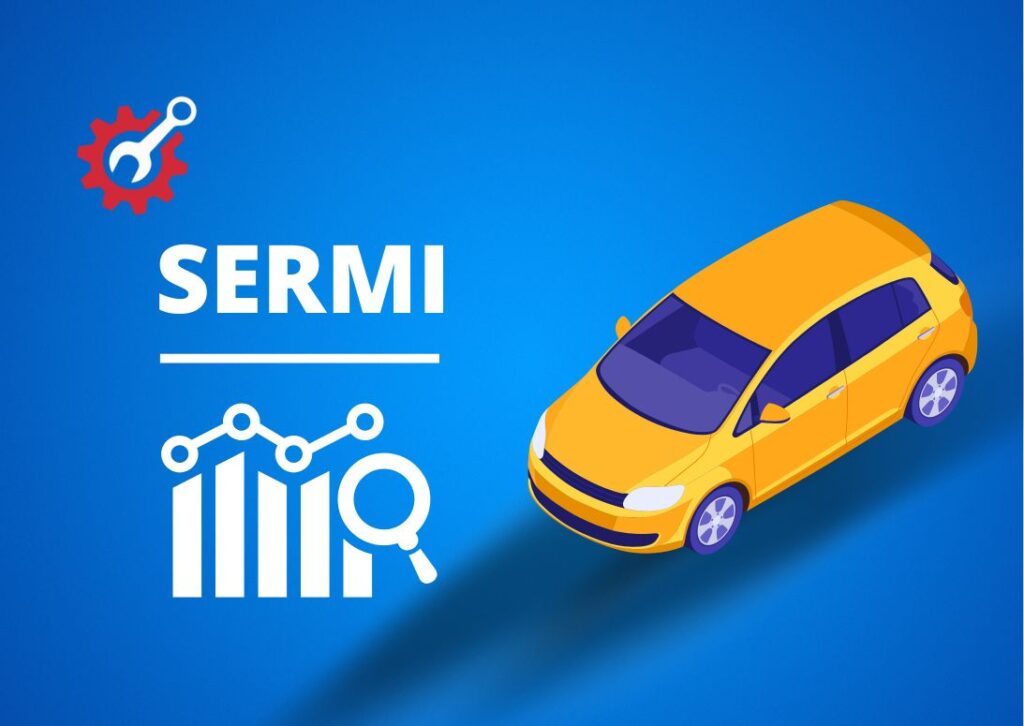What is SERMI?
SERMI stands for Security-related Repair and Maintenance Information. It is a standardized European certification framework designed to regulate access to security-related vehicle repair and maintenance data, including:
- Immobilizer codes
- Key coding
- Anti-theft systems
- Security software updates
How Did SERMI Originate?
The SERMI certification system emerged as a response to the European Commission’s Regulation (EU) 2018/858, aiming to establish fair competition in the automotive aftermarket. The regulation ensures independent workshops can equally compete with authorized dealer networks by having secure access to essential data.
Who Manages SERMI?
SERMI was established under the oversight of the European Commission, with cooperation from various stakeholders including:
- Vehicle manufacturers
- Independent automotive service providers
- National automotive associations
- EU regulatory bodies
Objectives of SERMI
The primary goals of SERMI include:
- Ensuring fair market competition.
- Protecting vehicle owner data from unauthorized access.
- Standardizing the process across Europe for accessing secured repair information.
- Facilitating effective maintenance and repair services for modern vehicles.
SERMI certification significantly improves transparency and competition within the automotive aftermarket, benefiting both consumers and independent mechanics by ensuring safe and standardized data access. – Przemysław Gąsiorowski, Marketing Manager at Motoworkshop.com
Where Does SERMI Apply?
The SERMI framework applies across all EU member states. Some countries implementing SERMI regulations prominently include:
- Germany
- France
- Poland
- Italy
- Spain
- The Netherlands
- Sweden
However, the framework is universally binding for all countries within the European Union, ensuring standardized application across borders.
The SERMI Certification Process
Obtaining SERMI certification involves a clear, structured process:
Step 1: Application
Workshops interested in accessing security-related data must first apply through recognized certification bodies approved by national authorities.
Step 2: Compliance Audit
Certification bodies conduct audits to assess the workshop’s ability to securely manage sensitive information, including:
- Security measures in place
- Employee training protocols
- Data handling procedures
Step 3: Certification
Upon successful completion of the audit, workshops receive official SERMI certification, granting access to necessary vehicle data.
Step 4: Regular Renewals
Certifications are valid for a limited time, typically three to five years, and require periodic audits for renewal.
Associated Costs
Obtaining SERMI certification incurs fees, typically involving:
- Initial application fee
- Costs associated with audits
- Renewal fees
Fees can vary depending on the certification body, country-specific regulations, and the size of the workshop.
Benefits of SERMI Certification
Being SERMI-certified provides numerous advantages, including:
- Competitive advantage through access to critical repair information
- Enhanced trust with customers through official certification
- Compliance with European standards
Conclusion
SERMI certification is crucial for ensuring equitable access to sensitive repair and maintenance data in the European automotive industry. Workshops that acquire certification are positioned to deliver safer, more effective, and competitive services, ultimately benefiting consumers across the European Union.
